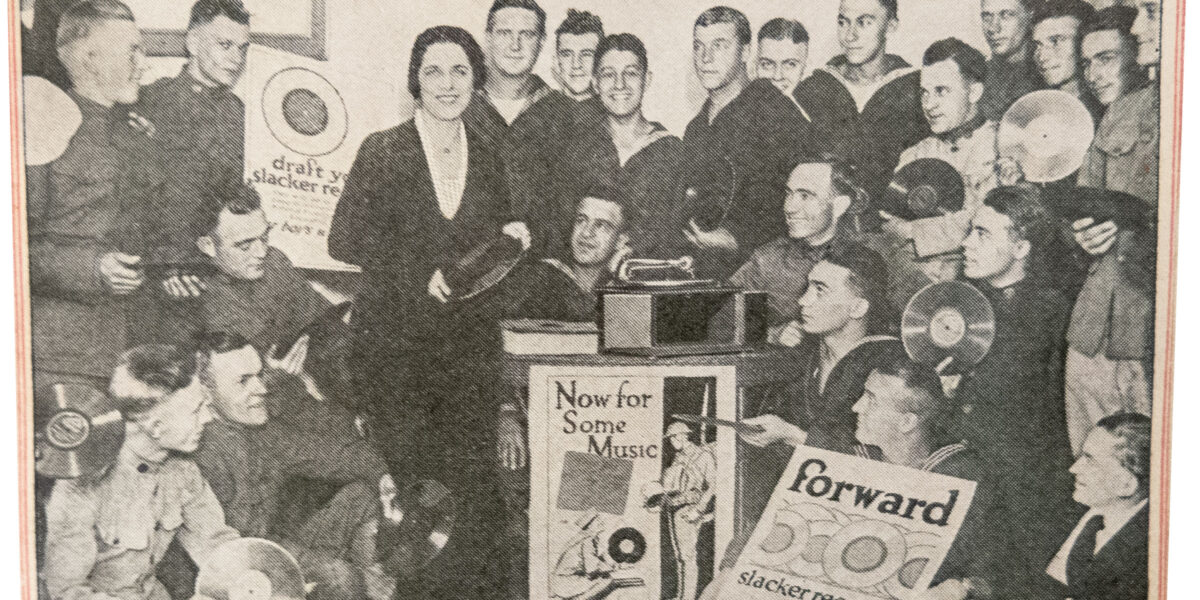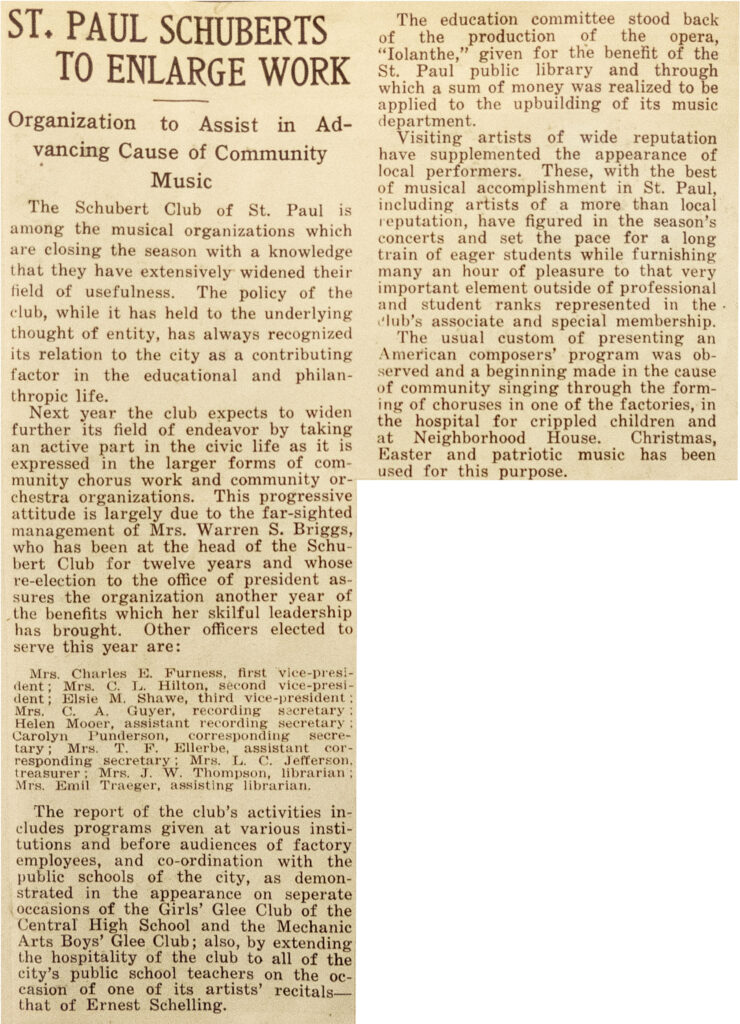
As the first World War roiled throughout Europe and the Ottoman Empire from 1914 to 1918, Schubert Club was waging a war of its own in Saint Paul. The enemy on the homefront was the widespread disinterest in cultural programming among a tired and demoralized public. From an organizational standpoint, the situation was especially dire; club membership had dropped by over fifty percent since the start of the war. The ladies of Schubert Club, led by President Florence Briggs, fought back with the spirit of patriotism and community which came to define the national zeitgeist of the war years.
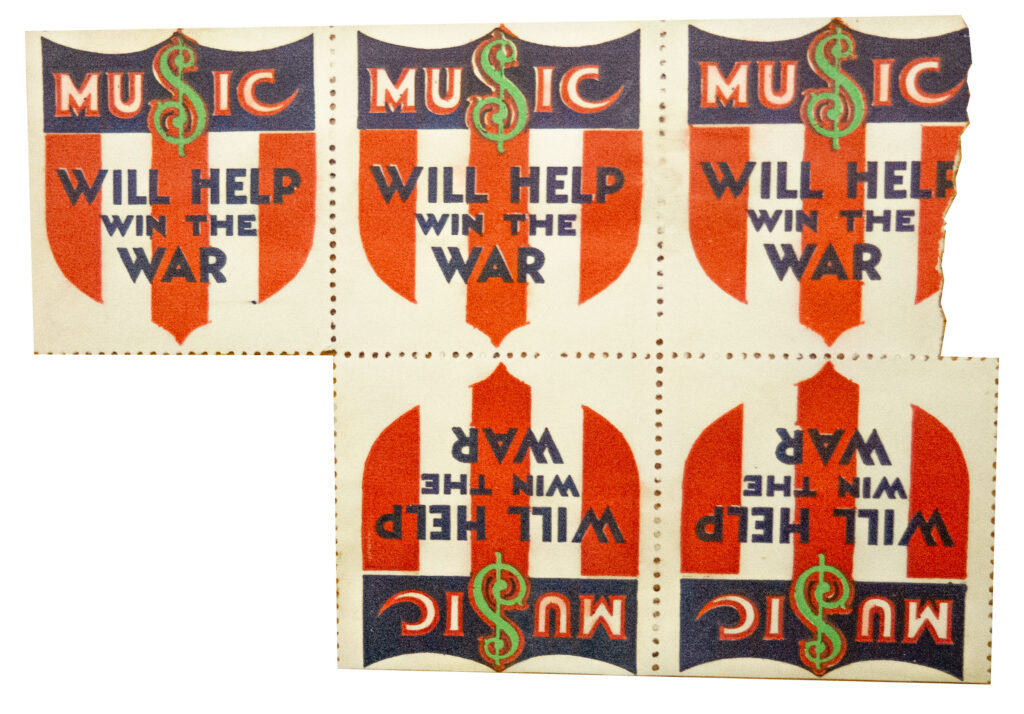
In a departure from its reputation as an exclusive society, Schubert Club officially incorporated as an organization in 1915, pivoting to more civic-minded programming serving the Saint Paul community. This campaign consisted of musical education for underserved youth, membership drives, concerts for the benefit of the public library, and community chorus concerts in local factories, schools, hospitals, and settlement houses. The substance of these events also became more patriotic, with topics like American composers, Edward MacDowell’s life, and the development of the organ in the United States. The hope of such programming was twofold: that investing in local music appreciation would at once breathe new life into the organization while revitalizing Saint Paul with the same “feeling of unity in spirit and body” needed for the Allies to win the war.

If there was anyone who desperately needed a morale boost during the war, it was those in the trenches. Schubert Club’s local musical campaign went hand-in-hand with a larger national movement to relieve burnt-out doughboys with much needed entertainment. The federal government even designated a “National Slacker Record Week” where citizens were encouraged to donate their unused records to soldiers overseas. Schubert Club was no doubt aware of the national musical crusade and also likely active in advertising it to its members, as suggested by the various pro-war clippings preserved in its scrapbooks showing slogans like “Music Will Help Win the War.” Eventually as phrases like these gained traction nationwide, it became generally accepted that music, as much as rations or ammunition, was a public need for Americans both at home and abroad.
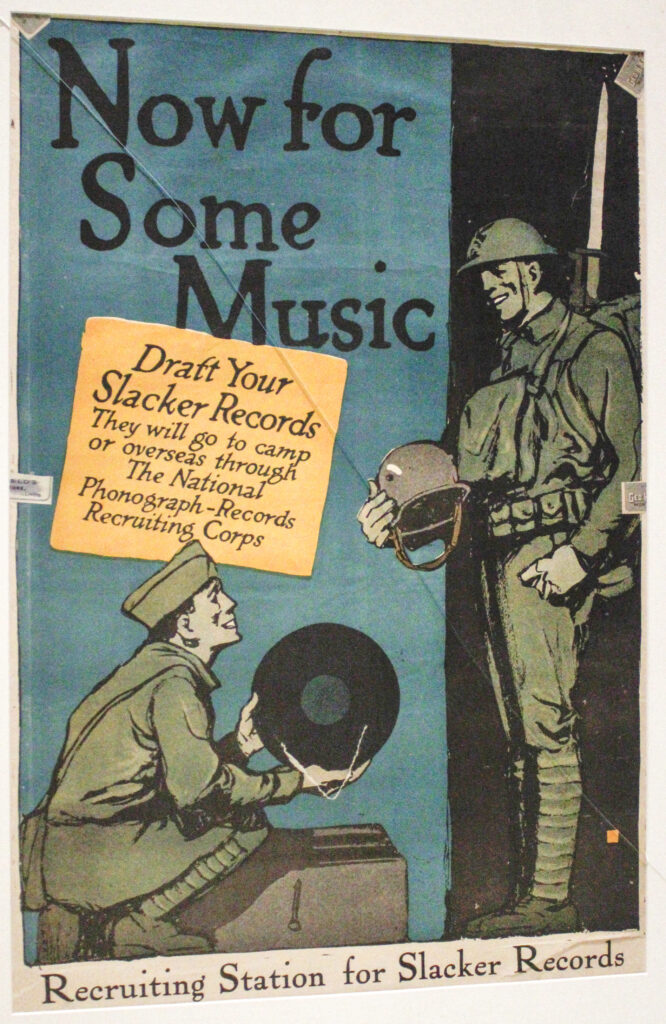
While Schubert Club’s membership continued to dwindle through the end of the 1910s, its adaptability and commitment to public service during wartime set it on track to thrive as an organization for another century. It took a leading role in cultivating the next generation of Twin Cities musicians when in 1922 it created the Student Scholarship Competition, which is celebrating its hundredth anniversary this year. This focus on education has yielded more programs like Project CHEER in 1969, the Music Museum at Landmark Center in 1980, and KidsJam workshops in 2015, all with the shared goal of increasing access to musical experiences to local audiences.
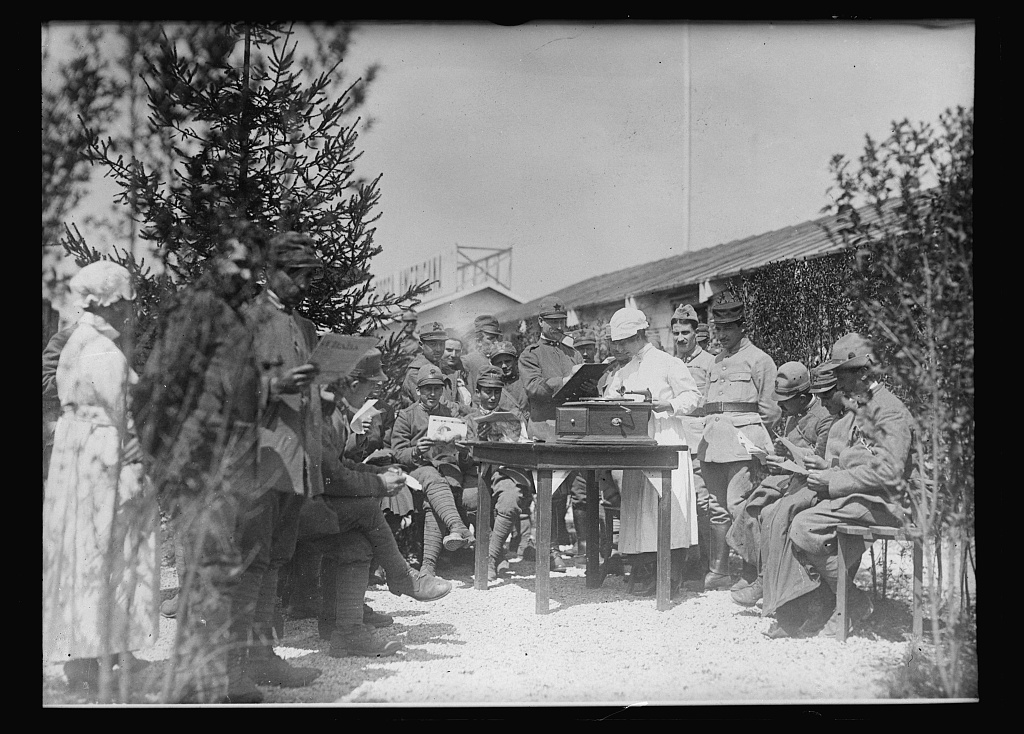
Sources:
Dunn, James Taylor. “St. Paul’s Schubert Club: Musical Mentor of the Northwest,” Minnesota History, Summer 1964: 51-64. http://collections.mnhs.org/MNHistoryMagazine/articles/39/v39i02p051-064.pdf
“St. Paul Schuberts to Enlarge Work,” Musical America, 24 May 1917 (courtesy of MHNS Archives)
Typewritten history of Schubert Club, ca. 1940s (courtesy of MNHS Archives)


